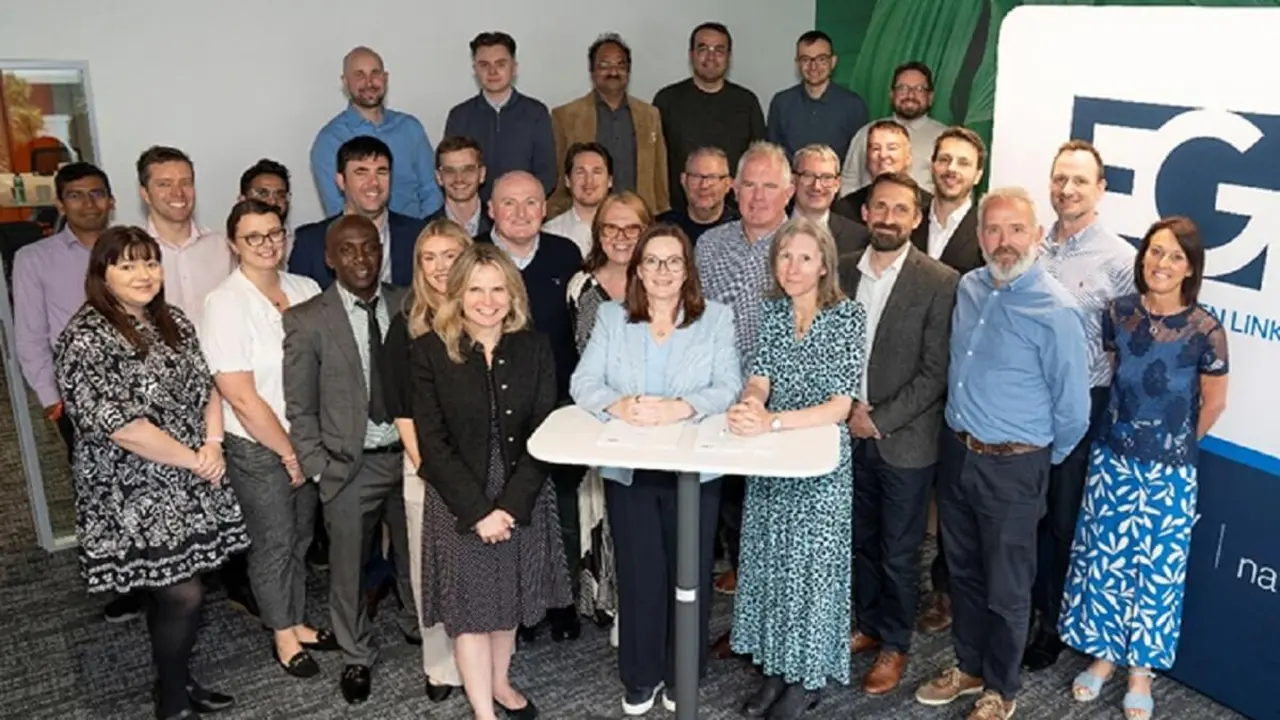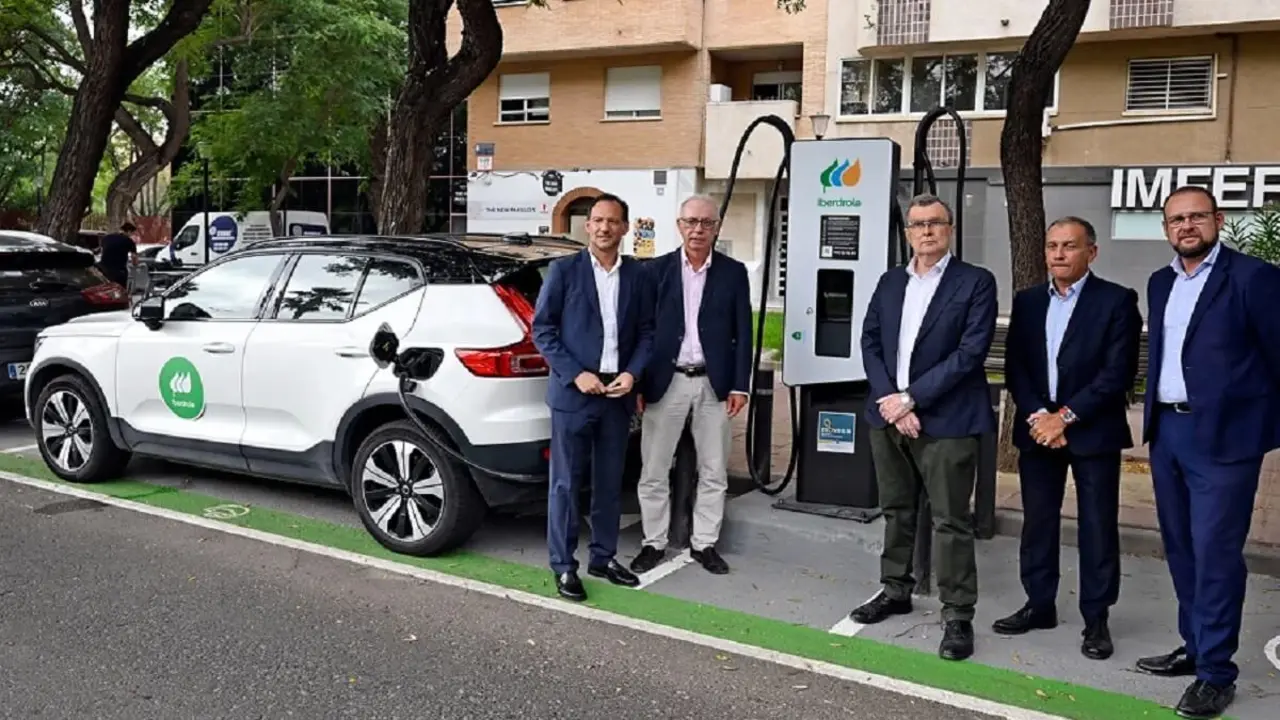Algeria, Nigeria and Niger agree to build a trans-Saharan gas pipeline

The Energy Ministers of Algeria, Nigeria and Niger have agreed on the construction of a new trans-Saharan gas pipeline (TSGP) that should begin "as soon as possible". With the creation of this regional infrastructure, which would have an international scope, the pipeline will enable the supply of natural gas to Europe, as well as the socio-economic development of these three African countries, according to the official agency APS.
This meeting is the second time that these three ministers have met on this scale. Algeria's Mohamed Arkab, together with his counterparts Timipre Sylva and Mahamane Sani Mahamadou, are said to have expressed their intention to continue with the normalisation of this project, as well as to "continue consultations through the technical team formed during this meeting".

Arkab indicated that "the reactivation of the TSGP project takes place in a geopolitical and energy context, in particular, marked by a strong demand for gas and oil, on the one hand, and by a stagnation of supply due to the fall in investments, particularly in the supply of oil and gas since 2015". He further noted that this pipeline will be "a new source of supply for markets, whose demand continues to grow".
Initially, the pipeline will cross these three countries and could interconnect other states such as Chad and Mali. The Algerian minister also stressed that the pipeline could "contribute" to the emergence of an African energy market and stimulate the development of an independent African industry.
According to financial estimates made when the project was initially launched in 2009, the pipeline will cost 10 billion euros and will have a length of 4,128 kilometres that could be completed within three years. In addition, the TSGP will be able to transport 20 to 30 billion cubic metres per year, which could lead to new gas reserves.

However, media outlets such as Al-Arab point out that this construction raises doubts as to whether Nigeria would really risk extending a pipeline in a country such as Algeria, as the country has shown no hesitation in shutting down pipelines for political reasons. They also argue that the route of this pipeline, which would necessarily pass through the Sahara to Algeria, where there is currently a significant threat from jihadist and radical groups.
The meeting of the three energy ministers came after Nigeria and Morocco announced the construction of a future "mega-project" marine gas pipeline that would link up with Spain. This would be the longest offshore pipeline in the world and would have the capacity to export natural gas to other African countries and to Europe, with its connection through the Iberian Peninsula.
The Australian company Worley would be in charge of carrying out the feasibility of the project, which would cover a distance of more than 7,000 kilometres between Nigeria and Morocco, crossing the territorial waters of more than 13 countries.
The project, known as the Nigeria-Morocco gas pipeline (NMGP), would alleviate Morocco's gas shortage after Algeria decided to close the Maghreb-Europe gas pipeline as a result of the diplomatic rupture that Algeria decided to execute unilaterally last August, citing a series of "disagreements".

Although the Moroccan-Nigerian project is still at an early stage, Nigeria's Judicial Executive Council has reportedly already given the green light to the construction of the new pipeline, together with the Nigerian National Petroleum Corporation (NNPC) and the Economic Community of West African States (ECOWAS).
Alongside this, the project was proposed in 2016 during the negotiations of an agreement that was reached between the Nigerian National Petroleum Corporation (NNPC) and the Moroccan National Office of Hydrocarbons and Mines (ONHYM). Two years later, in 2018, in a press release, the Worley company reported that the NMGP "will be the world's longest offshore gas pipeline" and will help "boost local industries and economies by providing a reliable and sustainable source of energy" as well as "industrial development and the creation of new employment opportunities".
Now, at a time of heightened tensions between the two Maghreb countries, the issue of gas, as well as the construction of a future pipeline, is part of a new geopolitical struggle for this resource. This asset is positioned as a very significant advantage when it comes to expanding - and maintaining - regional influence both in the rest of Africa and with Europe, something that Morocco and Algeria know and do not want to waste, especially in view of the current energy crisis following Russia's invasion of Ukraine.








